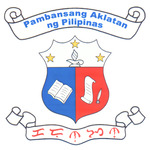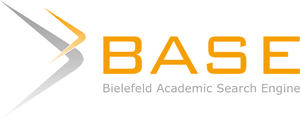Competency Level, Employers’ Expectations and Work Immersion Performance of Senior High School Technical-vocational and Livelihood (TVL) Students
Abstract
A huge number of high school and college graduates lack the important knowledge and skills to be effective members of the workforce. This study aimed to describe the socio-demographic profile of TVL (Technicalvocational and livelihood) Senior High School students in a private school in the Philippines--their competency level, work immersion performance, and expectations of employers in terms of the competencies set by regulators. A descriptive correlational method of research was used to get the responses of 18 employers and 84 TVL students. Results suggest that there is no significant difference between the students’ competency level and their employers’ expected competencies in terms of collaboration, critical thinking, entrepreneurship, environmental literacy, information technology, learning and innovation, lifelong learning, and occupational health. In contrast, a significant difference exists between the two groups in terms of communication and occupational health. No significant difference was found in their work immersion performance when grouped according to sex and socio-economic classification, but a significant difference was found when grouped according to strand and specialization. The result of this study provides valuable insights for educational institutions, policymakers, and business owners in the Philippines on
bridging the gap between the vocational training offered in schools and the needed competencies in the industry.









